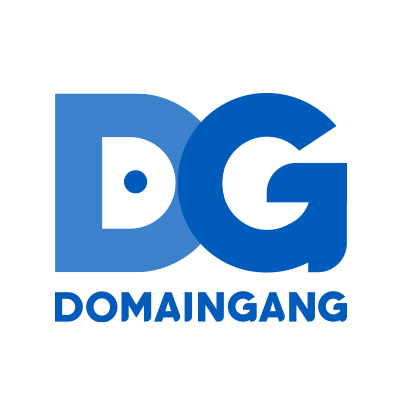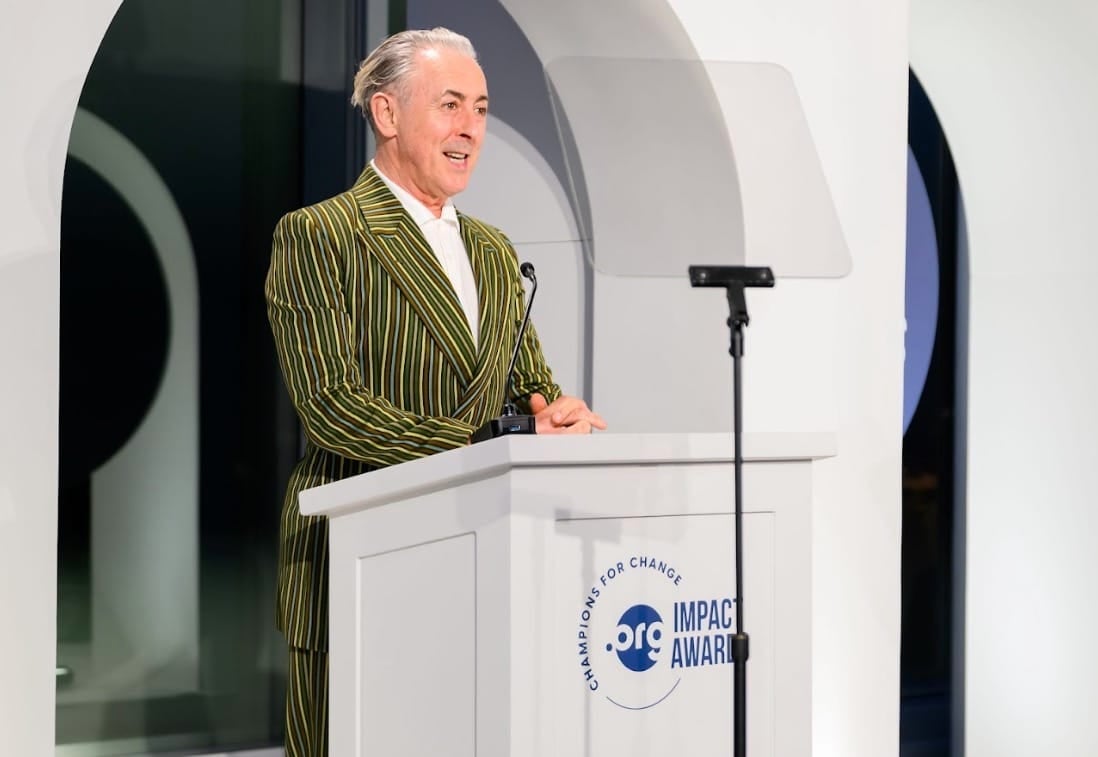YOUR AD HERE
Facebook owner Meta came away from the recent ICANN 82 public meeting unimpressed and wondering why the community doesn’t actually seem to be doing much, according to the company’s representative.
Writing to ICANN’s CEO and chair last week, head of IP and DNS Mia Brickhouse praised ICANN’s organizational skills but said she was “concerned regarding the lack of tangible outcomes relative to the significant community investment of nearly one week in Seattle.”
“While there were pockets of progress, it was challenging to identify concrete policy-oriented outcomes that I would use to mark participation in the Seattle meeting as a productive success,” she said.
“Many participants I spoke with felt the experience was more focused on policy status updates and remaining entrenched in legacy positions, rather than making measurable progress,” she said.
Welcome to ICANN, Mia!
She goes on to criticize the amount of navel-gazing at the meeting and said the current review into ICANN’s meetings strategy should not only focus on cutting ICANN’s costs but also on making meetings produce results.
Meta’s pet issues are Whois and DNS abuse. Its social media sites get a tonne of phishing attacks using maliciously registered domains and the company is not above taking registrars to court if they fail to play along with its enforcement efforts.
The company is fairly influential in policy-making circles, and arguably may became increasingly so over the next few years, depending on how deeply Donald Trump can reach into Mark Zuckerberg’s trousers.
But the Brickhouse letter is just the latest critique of what I and other time-haggard ICANN observers have been banging on about for years — the “Do Nothing” ICANN. I first pointed out in January 2022 that ICANN hadn’t actually done anything in about five years, something ICANN acknowledged a few months later.
To be fair, the Org has actually started producing tangible output since then. The Registration Data Request System is, whatever its flaws, a thing that the ICANN community came up with and the ICANN Org delivered.
But RDRS, ICANN’s response to the General Data Protection Regulation, took longer to create and deploy than the GDRP itself. ICANN’s multistakeholder model was slower than the notoriously lumbering EU legislative process.
The next round of the new gTLD program is another deliverable that also seems to be hitting its deadlines ahead of a Q2 2026 launch. But it has still taken longer than NASA’s Apollo Program to get off the ground.
One of the most on-point things I’ve read this year came from GoDaddy policy veep James Bladel, who wrote in his board election candidacy statement that “ICANN must stop telling the world why its role is important and start showing clear examples of multistakeholder successes.”
While Bladel did not get elected, Brickhouse’s letter points to an exchange in Seattle between one current and one former ICANN director, in which both parties agreed that “the current process is not working”.
Michael Palage, a freelance consultant who served a term on the board two decades ago, took to the Public Forum mic to complain that ICANN and its contracted parties are increasingly turning to bilateral contract amendments to address issues of concern, rather that having the whole community come up with formal consensus policies.
Becky Burr, approaching the end of her nine-year directorship, concurred that the “policy development process is not efficient and it’s not working as it should”, but disagreed that bilateral deals were not appropriate for pressing issues.
So you’re got two people, both who’ve served on the ICANN board and with over half a century of ICANN experience between them, agreeing that the current multistakeholder policy-making model isn’t working.
I’m certain there are other examples of long-serving community members criticising the process that are not readily springing to mind.
Sadly, ICANN’s usual response to broad community concerns is to launch a consultation or working group or comment period or somesuch, which often adds to the bloat and drains already jaded volunteers’ available work hours.
I can’t see anything changing any time soon, but there is a public comment period on the meetings strategy still open here.
,
If you find this post or this blog useful or interestjng, please support Domain Incite, the independent source of news, analysis and opinion for the domain name industry and ICANN community.
Tagged: do nothing, facebook, ICANN, icann 82, meta
 4 days ago
5
4 days ago
5







 English (US) ·
English (US) ·